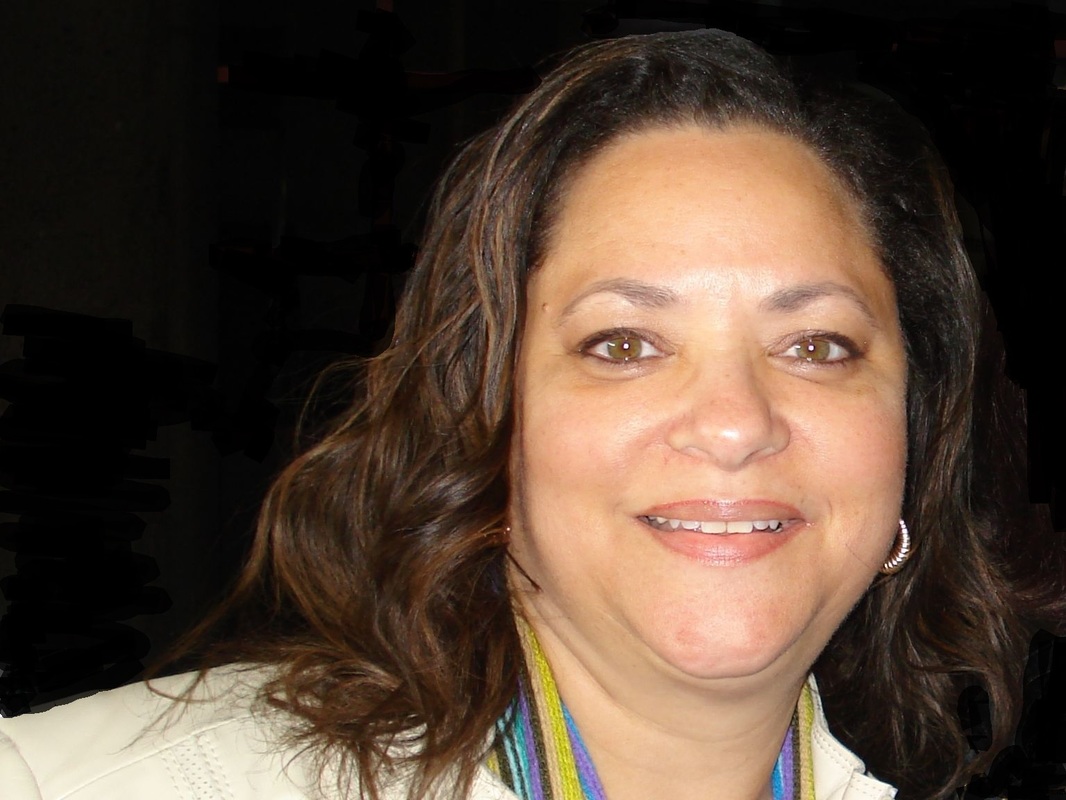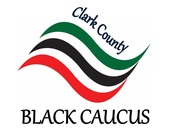The Preamble in the 2014 initiative best describes the proposed new legislation that will go before the 2017 Nevada Legislature and passed into law should voters support the initiative in November. “In the interest of the public health and public safety, and in order to better focus state and local law enforcement resources on crimes involving violence and personal property, the People of the State of Nevada find and declare that the use of marijuana should be legal for persons 21 years of age or older, and its cultivation and sale should be regulated similar to other legal businesses.
The People of the State of Nevada declare that the cultivation and sale of marijuana should be taken from the domain of criminals and be regulated under a controlled system, where businesses will be taxed and the revenue will be dedicated to public education and to the enforcement of the regulations in this act.”
This initiative requires the Department of Taxation to collect a 15% excise tax. This revenue must be deposited in the State Distributive School Account, after costs incurred by the department, counties, cities, and towns to carry out the provisions of the initiative.
The Coalition to Regulate Marijuana Like Alcohol (CRMLA) Nevada’s website projects nearly $400 million in sales in 2018 and an average of $1.1 billion in total economic activity between 2018 and 2024. The report, prepared by Las Vegas-based RCG Economics in conjunction with the Marijuana Policy Group (MPG), “provides detailed sales, tax, employment, and total economic activity projections for Nevada from a regulated, adult-use marijuana industry. The figures included in the report do not include sales, taxes, employment, and economic activity related to medical marijuana.”
This new industry for Nevada has tremendous growth potential considering the number of tourist visiting Nevada each year. However, many have issues with the restriction to grow your own for personal use. This initiative restricts residents living within 25 feet of a dispensary from growing small quantities for personal use, and argue if you can brew your own beer and wine for personal use, marijuana should be regulated the same. Given the negative impact the criminalization of marijuana has had on African American and communities of color, and the irony of thousands still living with the challenges of being an ex-offender, while businessmen capitalize off that very same reason family members are doing time. Many in the community I’ve spoken to about Question 2 find this turn of events offensive and brings me to the following questions.
- Since 100% of the tax revenue must be used for education, will these community schools most negatively impacted receive resources to address unique needs of these students?
- Thousands of fathers, mothers, sisters, brothers are currently doing time for the same crime, business men and the State of Nevada will now generate income. How will the legislature address this inequity? In addition, will the legislature offer legislation that will reduce felony convictions to misdemeanors of those non-violent ex-offenders that have done their time for similar convictions and giving the opportunity for a fresh start?
- Although the Clark County Black Caucus lobbied for a percentage of the revenue to go towards drug rehabilitation and prevention, we were unsuccessful. Now, this initiative cannot be modified for three years. Given the tremendous need for rehabilitation and prevention, what was the reason it was excluded and will the legislature reconsider adding this provision in 2020?
- What efforts will be made to ensure this new industry is accessible to under-represented communities of color to participate as owners, workforce, and third party vendors?
- What questions do you have? Community can go to www.CCBlackCaucus.com and take our poll and provide your comments. Your response will be shared with every Legislator.
On June 8th, thirteen elected or former officials in Nevada endorsed Question 2 as identified below. A surprising 62% are African American or Hispanic, with Assemblywoman Dina Neal noticeably missing as the lone African American state legislator. African Americans in Nevada have varying opinions on this ballot initiative and expressed a need for factual information. Therefore, on August 13, 2016 from 10:00 a.m. – 12:00 noon the Clark County Black Caucus in partnership with the NAACP, Las Vegas Black Image Magazine, Young Black Minds, and other organizations to have an open conversation about Question 2. Invited panelist include Senator Pat Spearman, Larry Smith (African American licensed medical marijuana cultivator), Regulate Marijuana Like Alcohol, Riley Snyder (KTNV Reporter), METRO, and others. The event will be moderated by Kim Bailey Tureaud, KCEP radio host of Enterprising People and Publisher of the Las Vegas Black Image Magazine. For complete details visit www.CCBlackCaucus.com.
The following is the full list of endorsers:
State Senate Minority Leader Aaron Ford
State Senator Kelvin Atkinson
State Senator David Parks
State Senator Tick Segerblom
State Senator Patricia Spearman
State Assemblyman Nelson Araujo
State Assemblywoman Maggie Carlton
State Assemblyman Edgar Flores
State Assemblywoman Heidi Swank
State Assemblyman Tyrone Thompson
Clark County Commissioner Chris Giunchigliani
North Las Vegas City Councilman Isaac Barron
and Candidate & Former State Assemblyman Jason Frierson
Yvette Williams is a community advocate and Chair/Founder of the Clark County Black Caucus, a non-partisan community organization driven 100% by volunteer members registered to vote.

 RSS Feed
RSS Feed

